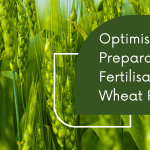
Optimising Soil Preparation and Fertilisation for Wheat Farming
21/05/2024
Making the most of Ca as a soil plant nutrient
31/07/2024Stress management strategies for wheat
Introduction
Wheat (Triticum aestivum) has a rich history dating back to 9600 BC and is a staple cereal grain cultivated worldwide. It symbolises development, advancement, abundance, and wealth. Wheat is metaphorically associated with growth, hard work, love, and charity and is frequently mentioned in the Bible.
Wheat is grown on more land area than any other food crop (220.7 million ha in 2021) and dominates world trade among crops. In 2021, global wheat production reached 771 million tons, making it the third most-produced cereal after maize and rice. The increasing demand for wheat is driven by its unique gluten properties, essential for processed foods. Nutritionally, wheat is a significant source of carbohydrates, vegetable protein, essential nutrients, and dietary fibre, while being low in fat.
Climate change has created global challenges for wheat production, affecting yields in South Africa’s irrigated and dryland areas. To address this, Kynoch has developed strategic management practices to maintain and increase yields under stressful environmental conditions.
Stress Management Practices for Weather-Sensitive Wheat:
Wheat is generally hardy, with a fine root system that efficiently utilises soil. It thrives in cool weather and is adapted to winter conditions during its initial vegetative phase. However, critical life cycle stages, particularly flowering and grain filling, are sensitive to extreme weather. The optimal temperature for wheat flowers during anthesis and pollination is 23°C, with a tolerance of ±1.75°C, while the optimal temperature during grain filling is 26°C, with a tolerance of ±1.53°C. Terminal heat stress, occurring when temperatures exceed 31°C during grain filling, can reduce yields by up to 18.1%. In the Northern Cape, temperatures often surpass 40°C.
Basic agronomical practices such as planting date, cultivar selection, seed depth, seeding rate, soil tillage, seedbed preparation, pest management, soil water scheduling (irrigation), and salinity control are essential for mitigating environmental challenges. Fertility and nutrition come into play after these factors are managed. Technology-driven granular planting and topdressing products, including KynoPlus®, Miracle™, CASUMA®, and the ULTRA® Ranges, provide stabilised nitrogen, improved potassium with zinc and silicon, and stress-relieving elements to enhance plant potential. Healthy plants handle stress better, so it is crucial to support the crop from the start.
KYNOCH Stress Solutions:
Heat stress generates reactive oxygen species (free radicals) that damage plant cells, causing leaky cells and impairing photosynthesis. Kynoch offers high-quality products with scientific stress management formulations. Notable products include Kynoch Wheat OEMFF®, KYNOFULVATE YELLOW®, and KYNOKELP®, which enhance photosynthesis and stress tolerance.
Wheat OEMFF® is a foliar product containing a balanced nutrient combination and a specialised enhancer to stimulate photosynthesis. It can be applied early in the vegetative phase and later at the vital flag leaf stage, which is crucial for wheat health. KYNOFULVATE YELLOW® can be combined with Wheat OEMFF® or liquid fertilisers to enhance nutrient uptake and mobilise nutrients within the plant and soil, increasing drought tolerance. KYNOKELP® is a natural product rich in bio-stimulating compounds that promote root development and activate metabolic processes to alleviate stress. These products are part of the KYNO STRESS KIT concept designed to manage crop stress and improve yields and quality.
Conclusion:
Wheat is still the best crop since sliced bread, and an article that was published on the 4th of May 2020 in the Times Now News referred to wheat as an “auspicious grain crop!” Wheat remains a favourable cash crop with the potential to bring prosperity and signal future agricultural success. In an ever-changing climate, Kynoch focuses on mitigating and managing stress on agronomical and plant physiological levels. Kynoch is committed to being solution-driven to keep our farmers successfully farming.
For more information, contact Kynoch: 011 317 2000
KYNOCH: Enhanced efficiency through innovation.
Jason Sparrow Pr.Sci.Nat
SACNASP Nr: 400202/11
KYNOCH Agriculturalist (Northern Cape area)
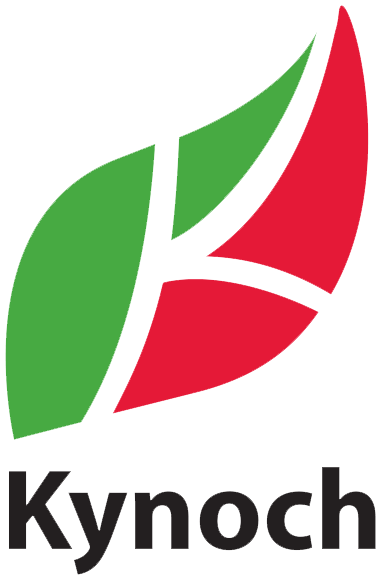
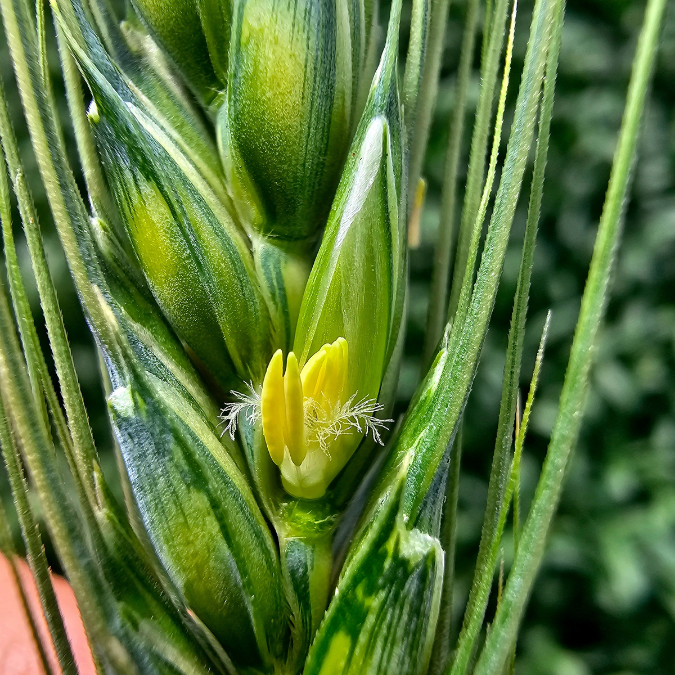

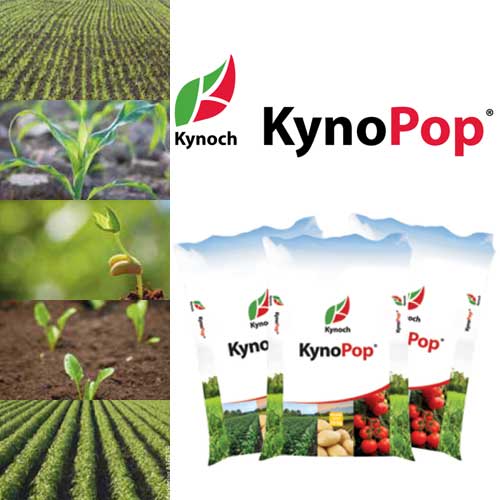
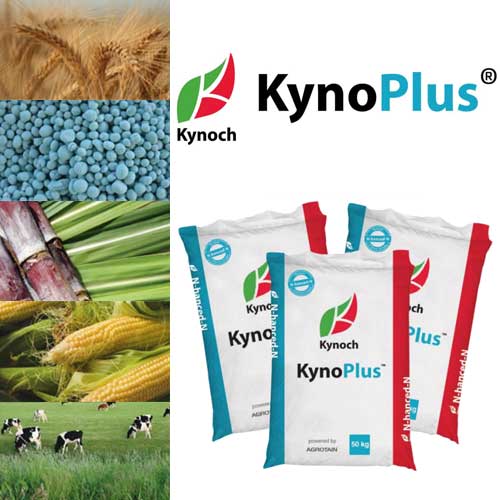


.png?v=1594369838025?v=1594369838026)